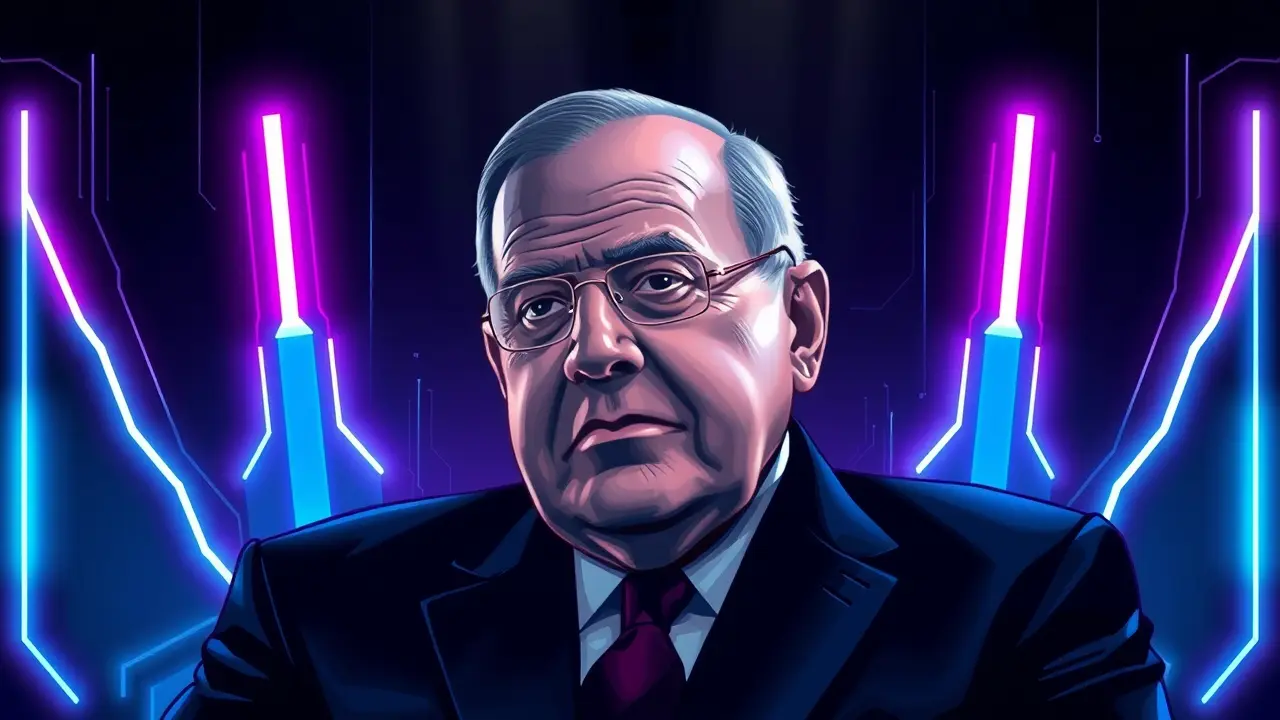
Politicsconflict & defenseTerrorism and Counterterrorism
Dick Cheney: Architect of the War on Terror.
RO
Robert Hayes
18 hours ago7 min read5 comments
The tenure of Dick Cheney as Vice President stands as one of the most consequential and analytically rich periods in modern American statecraft, a chapter defined by the seismic shift in foreign policy that followed the attacks of September 11, 2001. Cheney, a Washington insider of formidable experience having served as White House Chief of Staff, Congressman, and Secretary of Defense, operated not merely as a deputy but as a co-architect of the Bush administration's strategic doctrine.His worldview, hardened during the Cold War and informed by a deep-seated belief in robust, pre-emptive executive power, found its ultimate expression in the global War on Terror. This was not a haphazard reaction but a deliberate, philosophical project.Cheney was instrumental in championing the 2001 Authorization for Use of Military Force, a document whose legal breadth he helped interpret to grant the presidency near-plenary authority in pursuing terrorist networks, a reading that continues to spark intense constitutional debate. His influence permeated the decision to invade Iraq in 2003, where his office became a nexus for intelligence assessments, some fiercely contested, regarding Saddam Hussein's weapons of mass destruction programs and purported links to al-Qaeda.The subsequent establishment of enhanced interrogation techniques for detainees and the extensive surveillance programs overseen by the NSA can be traced directly to a Cheney-led philosophy that prioritized security over traditional civil liberties, a calculus that drew sharp parallels to wartime measures in other historical epochs, much as Churchill had to balance liberty with survival during Britain's darkest hours. The long-term consequences of this architectural design are still being tallied: a redefined balance of power between the branches of the U.S. government, a deeply destabilized Middle East that gave rise to new jihadist entities like ISIS, and a permanent national security apparatus whose scope and secrecy would have been unthinkable in the pre-9/11 era. To understand Cheney is to understand a pivotal strain of American power—unyielding, proactive, and willing to operate in the shadows, a approach that continues to define the nation's posture on the world stage and the ongoing, complex legacy of an era where a vice president's quiet counsel shaped the destiny of a nation.
#featured
#Dick Cheney
#war on terror
#George W Bush
#foreign policy
#US politics
#counterterrorism
Stay Informed. Act Smarter.
Get weekly highlights, major headlines, and expert insights — then put your knowledge to work in our live prediction markets.
© 2025 Outpoll Service LTD. All rights reserved.